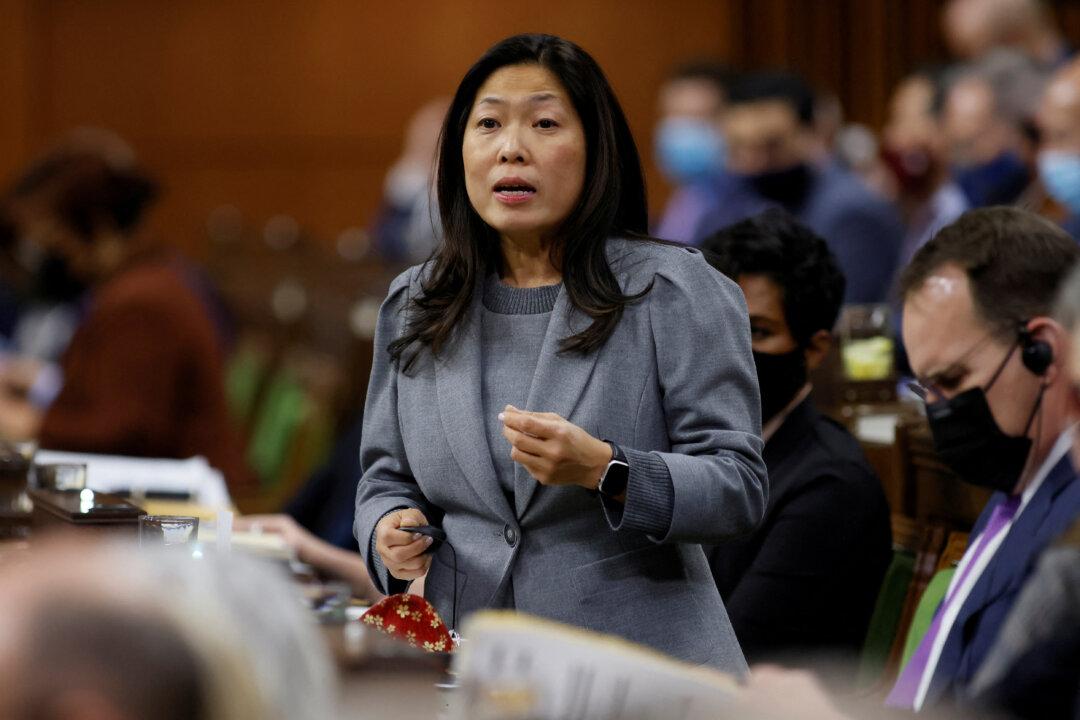News Analysis
Canada’s first prime minister resigned over a conflict of interest scandal in 1873. John A. Macdonald was accused of accepting election funds from a shipping magnate in exchange for the contract to build the Canadian Pacific Railway.

Canada’s first prime minister resigned over a conflict of interest scandal in 1873. John A. Macdonald was accused of accepting election funds from a shipping magnate in exchange for the contract to build the Canadian Pacific Railway.